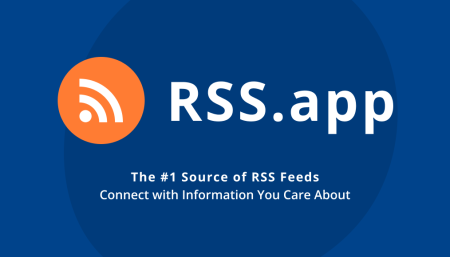Narcissistic parents often lack the traits required to be a successful parent, such as self-awareness, compassion, patience and empathy.
As a psychologist who studies narcissism, I’ve found that kids of narcissistic parents can grow into adults who struggle with self-blame, self-doubt and a constant feeling that they aren’t enough.
While not all highly narcissistic parents behave the same way, there are some universal themes. Here are six toxic traits they share:
1. They are supportive in public but critical in private.
They might be front and center cheering their kids on at the soccer game. But they will criticize or devalue them in the privacy of the car or at home: “Why didn’t you try harder? You could have scored two more goals!”
A child might feel guilty for having any negative feelings because to everyone else, it seems like they are being raised by the “model parent.”
2. They create an atmosphere of mistrust.
To gain more power within the family unit, narcissistic parents will share gossip with their children (e.g. “Don’t tell your sister, but I found out that your cousin was caught stealing money.”) to foster a sense of “us versus them.”
One sibling may feel special if a secret was shared with them and no one else, creating an unhealthy precedent of hearing gossip and innuendo as being loved and receiving a parent’s approval.
3. They treat siblings differently.
Narcissistic parents play favorites. If they prize academic achievement, for example, they might overlook a kid who struggles in school, in favor of the one who gets straight A’s.
This may not only undermine sibling relationships, but could also leave them fighting for the parent’s attention and time.
4. They view their kids as an extension of themselves.
If the child does what the parent wants them to do, then that child will be praised and valued. If they don’t, they may be ignored or criticized.
Many children, in a desperate attempt to win over their narcissistic parents, will sacrifice parts of themselves, interests or preferences to fit the mold their parents set for them.
5. They expect a child to mirror their emotions.
In a healthy parenting system, the parent mirrors their child’s emotions because they are attuned to them. When they notice their child is upset, they will calibrate their tone and ask how they are feeling.
But for a narcissistic parent, if the child’s mood is at odds with theirs (e.g., the child is sad when the parent is happy), they might view them as being disloyal. Over time, a child may stop trusting their own emotions.
6. They shame a child for having or expressing needs.
Narcissistic parent often neglect their child’s hopes, preferences or beliefs.
They might make undermining comments like, “You don’t really want to do that activity, do you?” or “Why do you think you would be good at that?”
How to deal with a narcissistic parent
If you are a trusted adult in the child’s life:
Give the child attention and ask them about things they are interested in. Create a safe space for them share feelings without shame or judgment.
Let them know that they are valued for their whole selves and not just as someone who meets the needs of someone else.
If you are the child of a narcissistic:
Having a narcissistic parent can create a sense of anxiety, or feelings of not being good enough, or a lack of self-identity. This can leave people afraid they will continue the patterns of their childhoods, especially when they have kids themselves.
But many adult children of narcissistic parents have tremendous empathy and are very dialed into wanting to do right by their own children. Model empathy for your child and be attuned and emotionally present with them.
Demonstrate compassion, kindness and respect when you interact with other adults, too. Children pay attention to what they see.
Dr. Ramani Durvasula is a psychologist, professor of psychology at California State University, Los Angeles, and founder of LUNA Education. She is also the author of “Don’t You Know Who I Am: How to Stay Sane in the Era of Narcissism, Entitlement and Incivility″ and “Should I Stay or Should I Go: Surviving a Relationship With a Narcissist.” Follow her on Twitter @DoctorRamani.
Don’t miss:
Want to be smarter and more successful with your money, work & life? Sign up for our new newsletter!
Get CNBC’s free Warren Buffett Guide to Investing, which distills the billionaire’s No. 1 best piece of advice for regular investors, do’s and don’ts, and three key investing principles into a clear and simple guidebook.
Read the full article here









